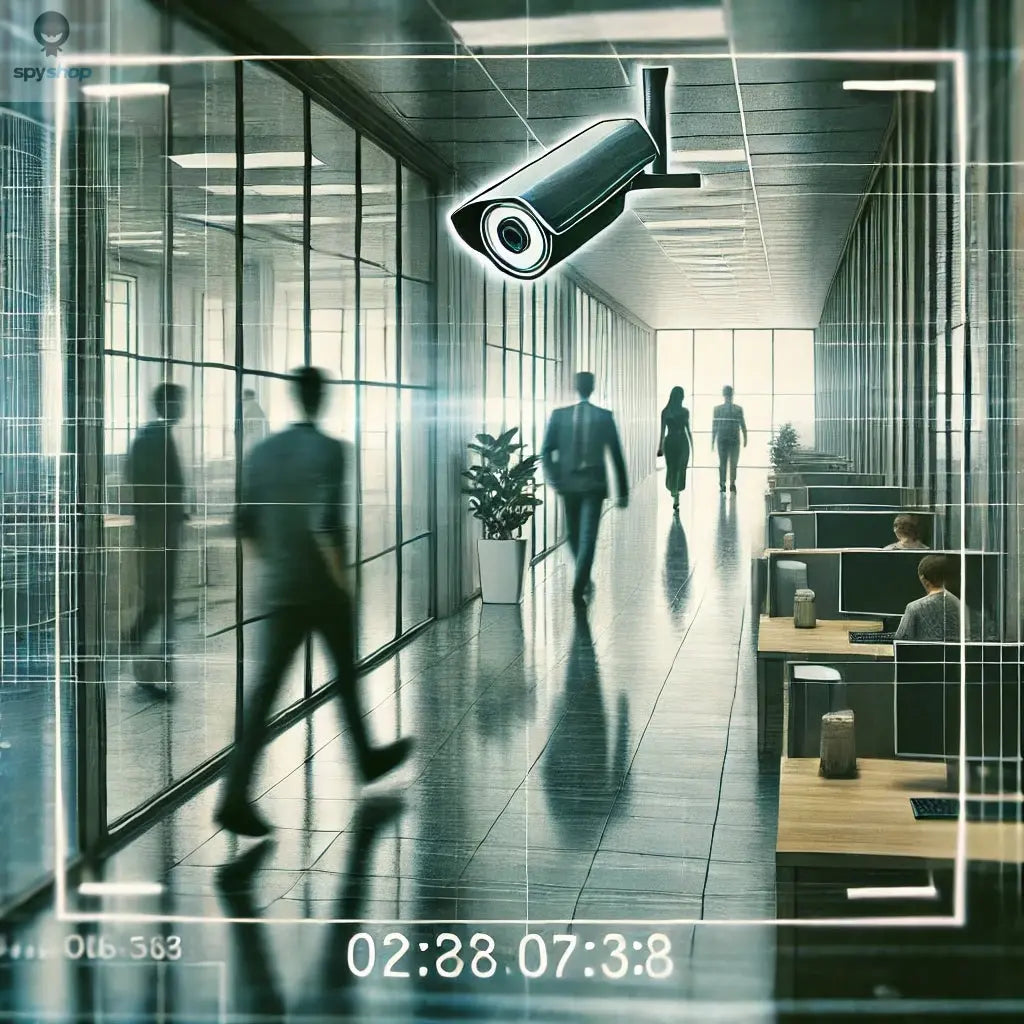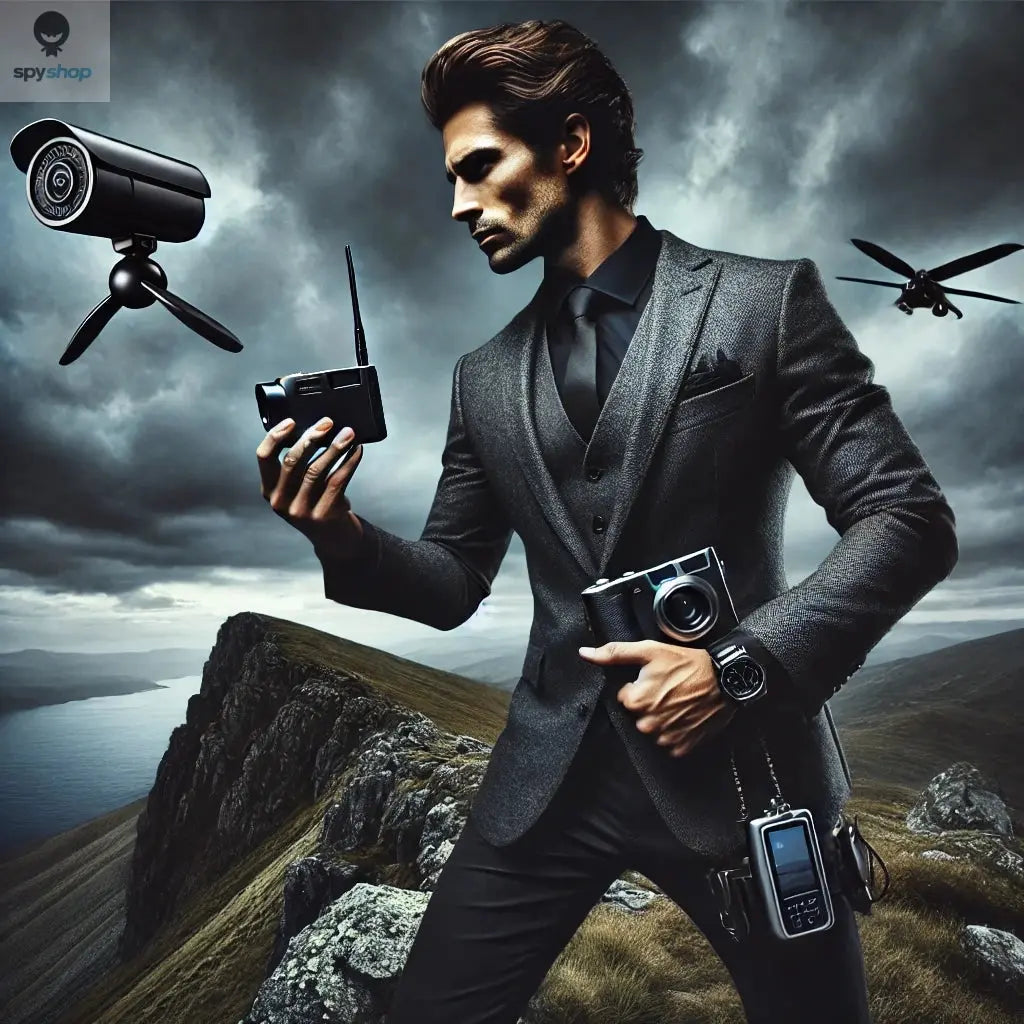
Filmed Without Consent: Understanding Legal and Ethical Implications
filmed without consent Blurred image of individuals in an office corridor, resembling surveillance footage with a timestamp.
Tags: Privacy Rights, Surveillance Ethics, Legal Boundaries, Personal Security
In our digitally interconnected world, the ease of capturing video has raised pressing questions about privacy, ethics, and legality. A frequent query we receive is, “Can someone film me without my consent?” The answer lies in understanding the nuanced differences between public, private, and personal domains.
Key Scenarios and Legal Insights
Filming in Public Spaces
- Public Parks: Filming in open public spaces is generally legal as privacy is not expected in such areas.
- Public Surveillance: Businesses can record public areas for security, provided they display clear notifications about surveillance.
Private Settings and Boundaries
- Filming Through Windows: Recording someone in their home from outside is often illegal and may fall under voyeurism laws.
- Drone Use: Filming private backyards with drones can breach privacy laws, depending on location regulations.
- Neighbour’s Cameras: Security cameras aimed at visible public areas are usually allowed but should not infringe on private spaces like windows or secluded areas.
Audio Recording and Conversations
- Public Conversations: Recording in public is typically permissible, provided it does not violate eavesdropping laws.
- Private Conversations: Secretly recording in private contexts often requires consent, varying by jurisdiction.
Ethical Considerations
Even when legal, filming without consent can violate ethical standards. Respect for privacy and consent reinforces trust and societal harmony. Ethical filming practices should prioritize individual dignity and avoid invasiveness, especially in sensitive contexts.
Addressing Privacy Concerns
Public vs. Private Domains
While filming on a public street differs from recording in a private home, advancing technology like drones and hidden cameras increasingly blurs these distinctions.
Legal Recourse and Evidence
Understanding your rights is crucial:
- Accessing Footage: You can request recordings of yourself from businesses or public spaces, depending on data protection laws.
- Court Evidence: Video evidence must be obtained legally and meet admissibility criteria to be used in court proceedings.
Protecting Privacy
Take proactive steps to safeguard your personal and digital spaces. Home security systems, window privacy measures, and awareness of local surveillance laws can help maintain boundaries.
Promoting Consent-Based Filming
A culture of consent in recording fosters respect and reduces misunderstandings. Informing others before filming aligns with both ethical and legal expectations, creating an environment of mutual respect and accountability.
Conclusion
The concerns surrounding unconsented filming highlight the delicate balance between technological capabilities and human rights. By understanding legal boundaries, upholding ethical principles, and respecting personal privacy, we can navigate this complex issue responsibly.
For more insights on privacy and surveillance, explore our blog for articles like "UK Spy Laws FAQs" and other resources that help clarify these evolving topics.


